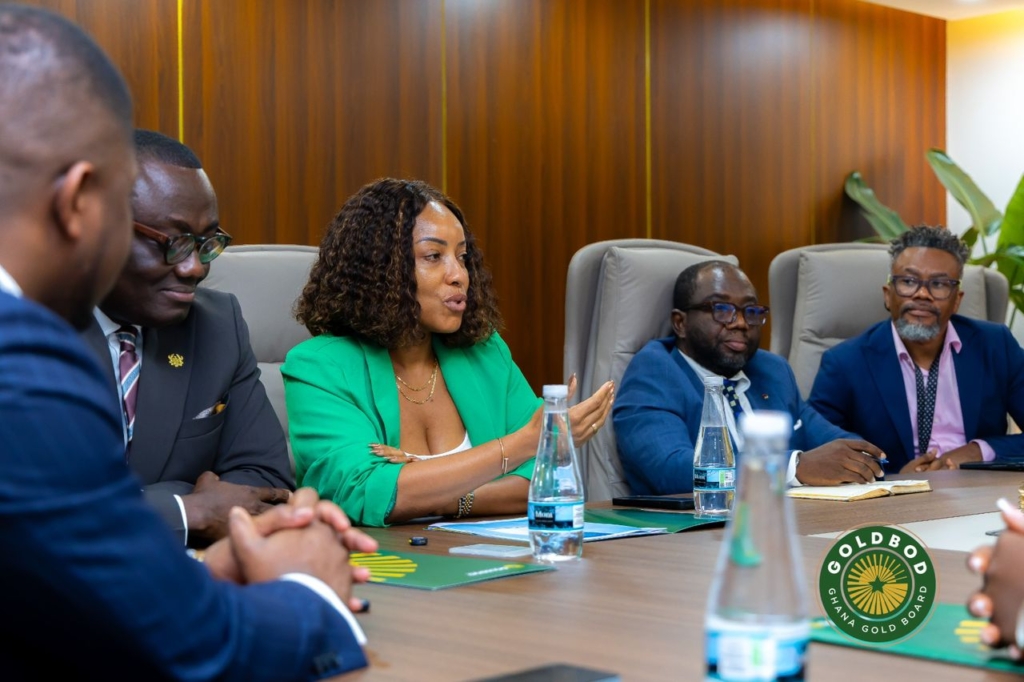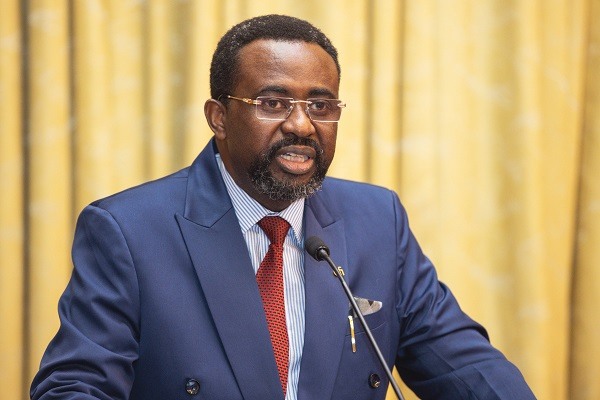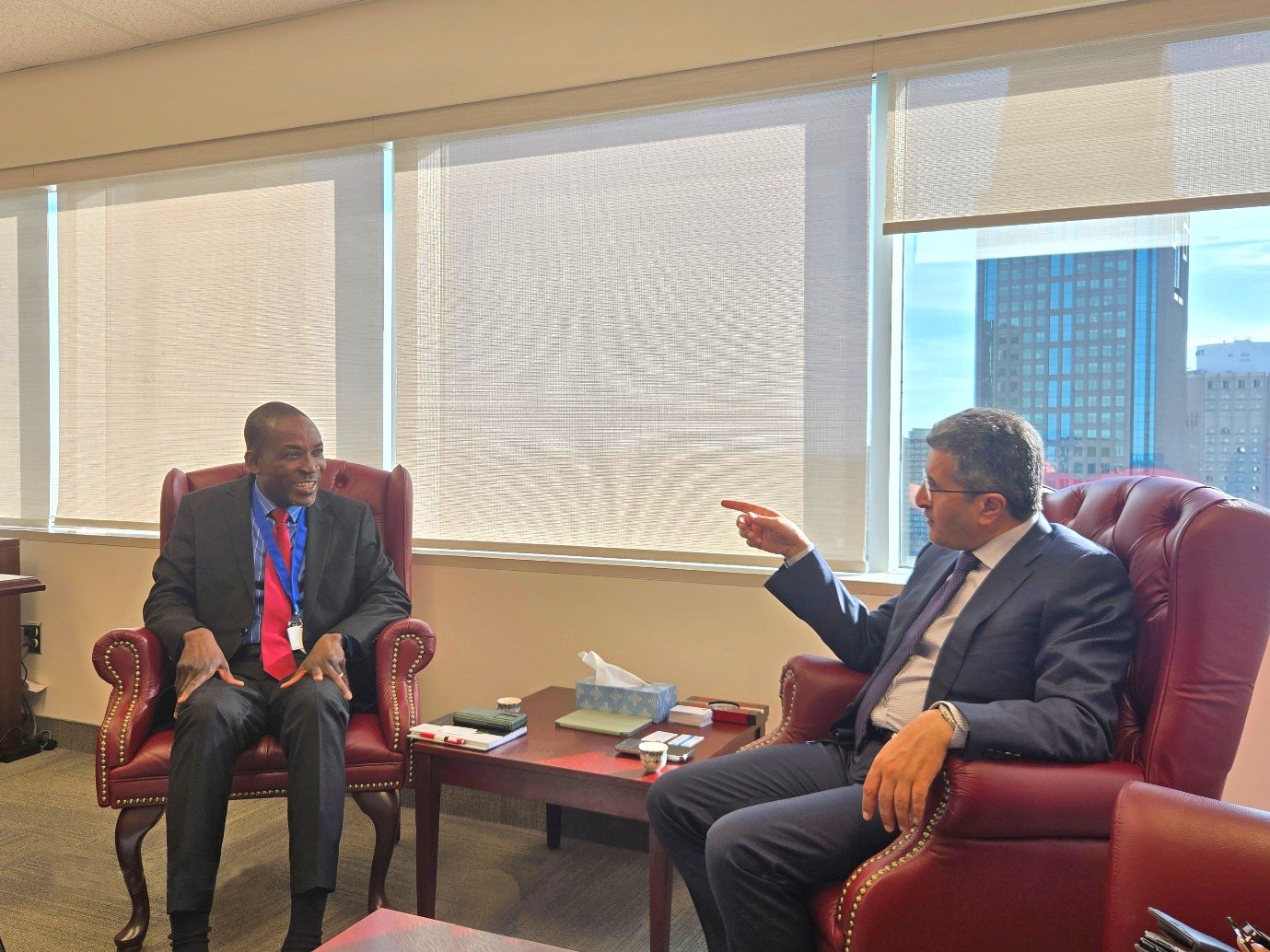J.A. Plant Pool (Ghana) Ltd. on Thursday rejected allegations by Ghana’s Attorney-General that the company was overpaid by $2 million under a government road equipment contract, insisting the discrepancy stemmed from a clerical error rather than financial impropriety.
The Attorney-General and Minister for Justice, Dominic Ayine, said earlier this week that a forensic audit of the $176 million District Roads Improvement Programme (DRIP) uncovered an excess payment to the local contractor. The government, he said, has since demanded a refund.
In a statement issued a day later, J.A. Plant Pool (JAPP) called the Attorney-General’s comments “unfortunate” and “partial,” warning they could damage the company’s reputation.
“The disclosure presents a partial narrative of the issues and risks tarnishing the company’s hard-earned reputation built over years of diligent service to the Government and people of Ghana,” the statement read.
Dispute Over Contract Value
JAPP said the government’s stated contract figure was incorrect. According to the company, the official, fully executed contract totaled $178,704,739.50, not the $176 million cited by Mr. Ayine. The company attributed the difference to a typographical error in an approval letter issued by the Public Procurement Authority (PPA).
“It is factually incorrect to assert that the contract sum was USD 176 million,” JAPP said. “The supposed overpayment arose from a clerical mistake in the PPA’s approval documents, which was promptly reported to the authorities.”
The company added that all payments were made under valid contracts and through established government channels, arguing it could not be held responsible for administrative mistakes made by state institutions.
Denial of Tax and Over-Invoicing Claims
Mr. Ayine also alleged that JAPP evaded roughly GHS 38.7 million (about $2.6 million) in taxes and engaged in over-invoicing on imported road equipment. The company rejected both claims.
JAPP said it had complied fully with Ghana Revenue Authority (GRA) requirements, adding that all imports were declared and stored under bonded warehouse supervision.
“The claim that JAPP imported and cleared 190 pieces of equipment under false tax exemption claims is incorrect,” the company said. “Only 99 semi-knocked-down components were imported to support maintenance operations, not for separate commercial gain.”
The company further denied inflating prices, asserting that the DRIP contract—covering 2,420 units of road equipment—offered “value for money” when compared with a previous $1.3 billion procurement for similar machinery.
Ongoing Scrutiny
The Attorney-General’s investigation forms part of a broader government effort to recover funds from allegedly irregular contracts signed in recent years. JAPP’s forceful rebuttal, however, underscores the tension between the state’s anti-corruption drive and private sector contractors claiming procedural errors are being misconstrued as wrongdoing.
Neither the Ministry of Roads and Highways nor the Public Procurement Authority immediately responded to requests for comment.














